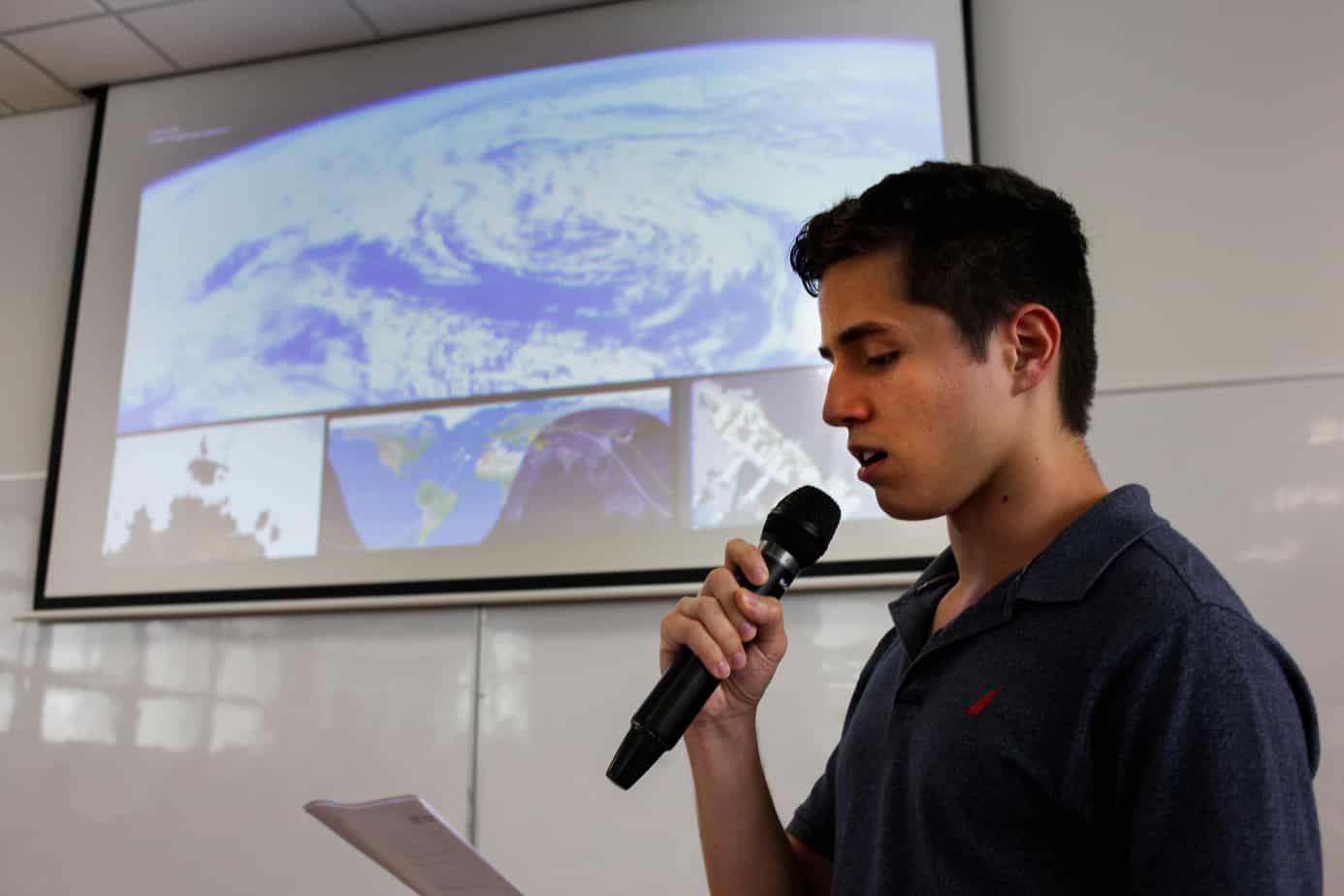The U.S. Embassy in Costa Rica announced a new rule for anyone applying for F, M, or J nonimmigrant visas, which cover academic students, vocational students, and exchange program participants like professors, researchers, and au pairs. Starting immediately, applicants must set all their social media profiles to “public” to allow U.S. authorities to review their online activity as part of the visa process. This change aims to verify applicants’ identities and ensure they pose no threat to the United States, according to a statement posted on the embassy’s social media.
The U.S. State Department says visa decisions are tied to national security, so they’re using every tool available, including social media, to screen applicants. Platforms like Facebook, Instagram, X, TikTok, and YouTube will be checked for content that might show hostility toward the U.S., its citizens, or its values. Applicants don’t need to share passwords, but they must remove privacy settings to give consular officers full access to their posts, photos, and videos. The embassy stressed that this step helps confirm applicants are eligible and plan to follow visa rules.
This policy comes after the U.S. paused student visa interviews in May to overhaul its vetting process. Now, embassies worldwide, including in Costa Rica, are resuming appointments for F, M, and J visas but with stricter guidelines. The embassy advises applicants to check its official website for available slots, as the added screening may slow things down. Some reports suggest consular staff could face delays since reviewing social media takes time, especially with the 446,000 student visas issued in 2023 alone.
For Costa Rican students and exchange participants, this means preparing social media accounts before applying. Many young people keep their profiles private to protect their personal lives, but that’s no longer an option for these visas. The rule has sparked debate, with some worried about privacy and others seeing it as a fair step for U.S. security. A State Department cable, reported by Reuters, instructs officers to flag any “hostile attitudes” toward U.S. culture, government, or principles, though it’s unclear exactly what counts as hostile.
The policy applies globally, affecting students from Spain, India, and beyond but for now, Costa Ricans hoping to study or join exchange programs in the U.S. should review their online presence and stay updated on appointment schedules through the embassy’s website.
This new layer of scrutiny reflects the U.S. government’s focus on tightening visa processes. As the embassy resumes interviews, applicants need to act quickly to comply with the social media rule and secure their spots.






